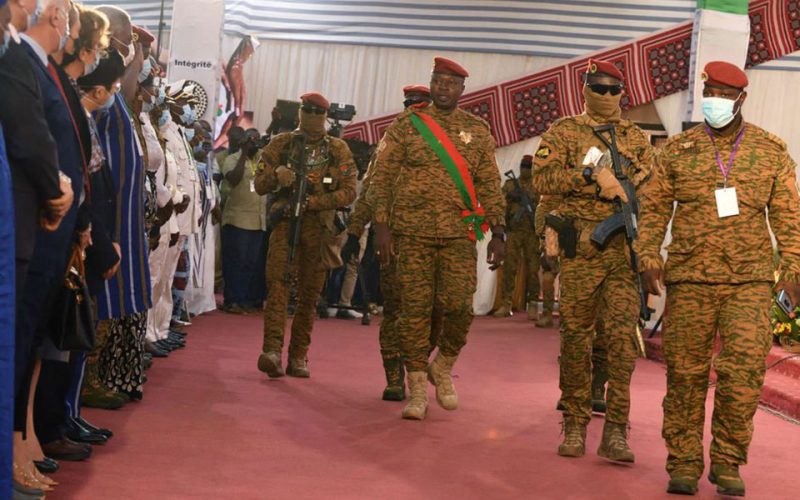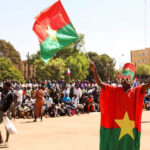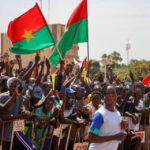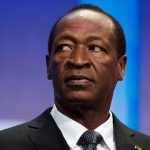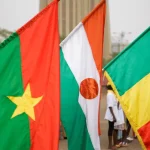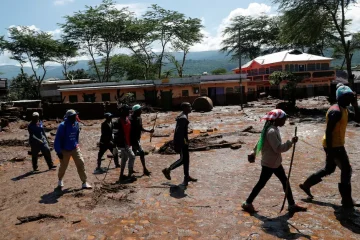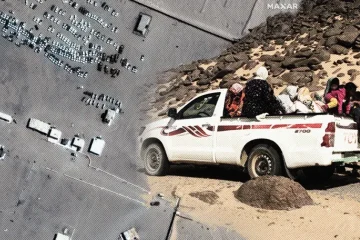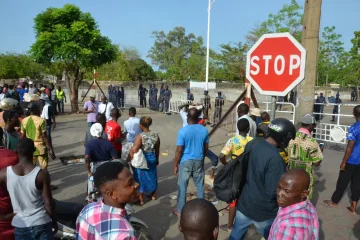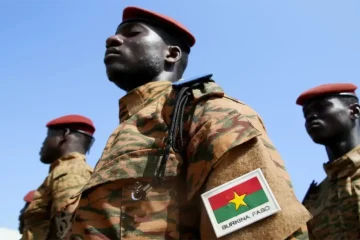BURKINA Faso’s military junta is abusing an emergency law to conscript perceived dissidents and critics to join a deadly fight against militants linked to Al Qaeda and Islamic State, warned lawyers, journalists and watchdog Human Rights Watch this week.
In a series of statements, civil society groups and unions for journalists and lawyers accused the junta of seeking to silence peaceful dissent as it struggled to contain the security crisis as promised when it seized power in a September 2022 coup.
“We see that it (the junta) is revealing its true face and that it has not necessarily come to save Burkina Faso as it said it would,” one member of the journalist union told Reuters late on Wednesday, speaking on condition of anonymity out of fear of reprisals.
The spokesperson for the junta did not immediately respond to a request for comment.
The actions are part of a broader crackdown on freedom of speech and independent media that has seen the authorities suspend at least five news outlets, deport foreign reporters, and intimidate critics, according to international media watchdogs Reporters Without Borders (RSF) and the Committee to Protect Journalists.
Between Nov. 4 and Nov. 5, Burkinabe security forces notified at least a dozen journalists, activists, and opposition party members that they would be conscripted to participate in government security operations across the country, Human Rights Watch (HRW) said in a statement on Wednesday.
“By targeting individuals who have openly criticized the junta, the conscription undertaken in Burkina Faso violates fundamental human rights,” it said.
Among those conscripted is a prominent critic, anaesthesiologist Arouna Louré, who was drafted following his latest Facebook post in which he commented on the military response to the insurgency.
HRW said Loure was sent to Koumbri, Yatenga province, one of the most dangerous areas in the country’s North region, to support the military medical services there.
“Burkina Faso is in the dangerous process of being turned into a no-news zone,” RSF said in a statement in September.
Since the onset of the insurgencies in 2016, thousands have been killed and over 2 million displaced by the bloodshed that has only intensified since last year’s coup, according to U.S.-based crisis-monitoring group ACLED.

